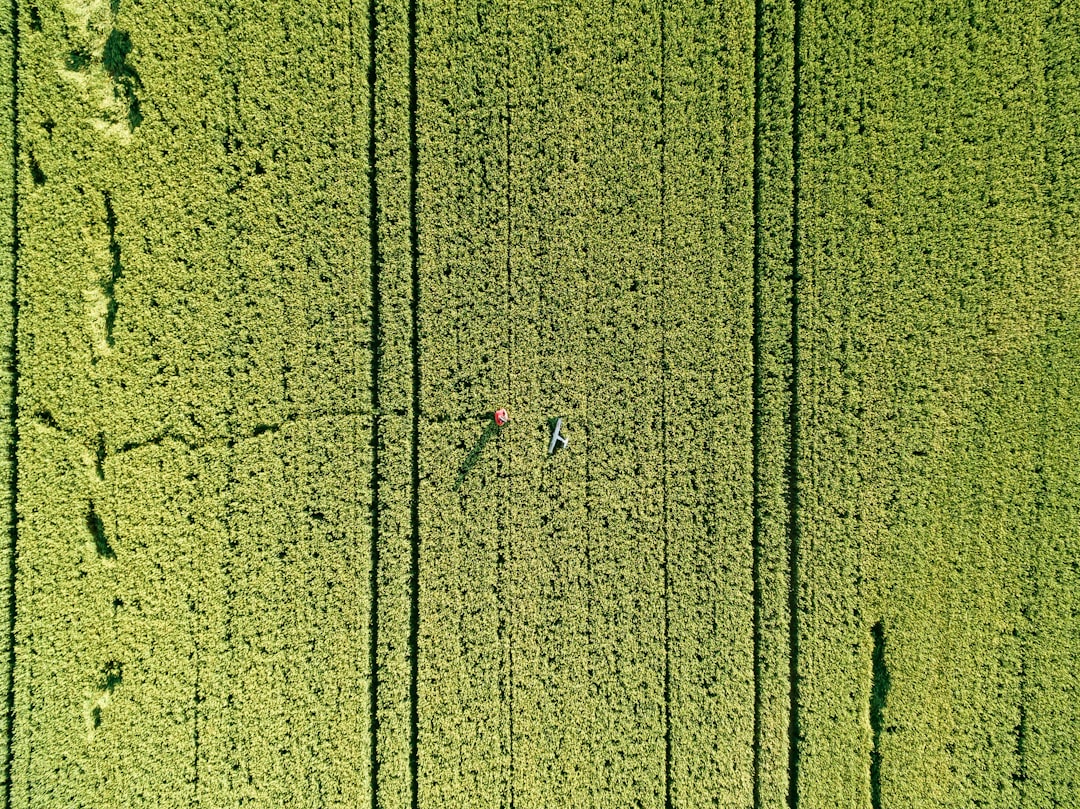Globally, agriculture generates more than $5 trillion. That is the reason why the industry is now turning to AI and big data technologies to increase yields, control pests, give information to farmers and improve different tasks related to farming and food supply chain entirely. In Argentina, for example, drones are used to conduct surveillance on large wheat farms. They are flown low enough to check on each wheat plant to spot the possibility of fungal infection that can affect production.
Robots flown in wheat farms have computer vision, artificial intelligence that is currently under development, and have the capacity to identify the deviations in features of plants. With AI-enabled drones, farmers can counter fungal diseases on their plants and eliminate pests before they cause any damage. Machine learning allows drones to learn the differences that exist between a healthy plant and an abnormal one and gather information. The data collected by the drone can be used to make decisions on what to do to improve the production of crops. Decisions are made almost immediately due to the availability of data in real-time.
On a daily basis, farms produce hundreds of points of data on the ground. Data such as temperature, weather conditions, conditions of the soil, and water usage by crops can be analyzed in real-time with the help of AI. With knowledge of these aspects, informed decisions can be made. For example, AI technologies enable farmers to decide on crops or seeds with better yields and those that have better resource utilization.
AI systems also aid in precision agriculture, where it helps in quality improvement and accuracy. Precision agriculture employs AI technology in the detection of diseases, weeds, pests, and poor nutrition among plants on the farm. After identifying areas with issues in a farm, the right remedy such as herbicides or fertilizers, can be applied to the exact affected area. AI sensors can detect and correctly target weeds and give feedback on the right herbicide that needs to be used within a given buffer zone. With such capabilities, farmers can reduce costs of applying herbicides where it is not required and at the same time reduces excessive toxins that may end up causing diseases. This is the same case for fish farming where AI is used in some countries such as Norway to battle sea lice and pests that cause losses to a tune of millions of dollars.
Artificial intelligence is also used to create forecasting models that improve accuracy and productivity. Through these models, upcoming weather conditions that are days or even months ahead can be predicted. Such seasonal weather forecasting abilities are useful to farmers who can make informed decisions on how to deal with different weather conditions in time. For small farms, ensuring operations are continuous regardless of the weather conditions increases yields.
Generally, AI and cognitive technologies allow farms across the world to run more efficiently with less cost and workers than in the past. As the need for food increases due to the rising population, AI is giving humans a lifeline by offering alternative ways of improving production and increasing staples needed for the dietary purpose.

